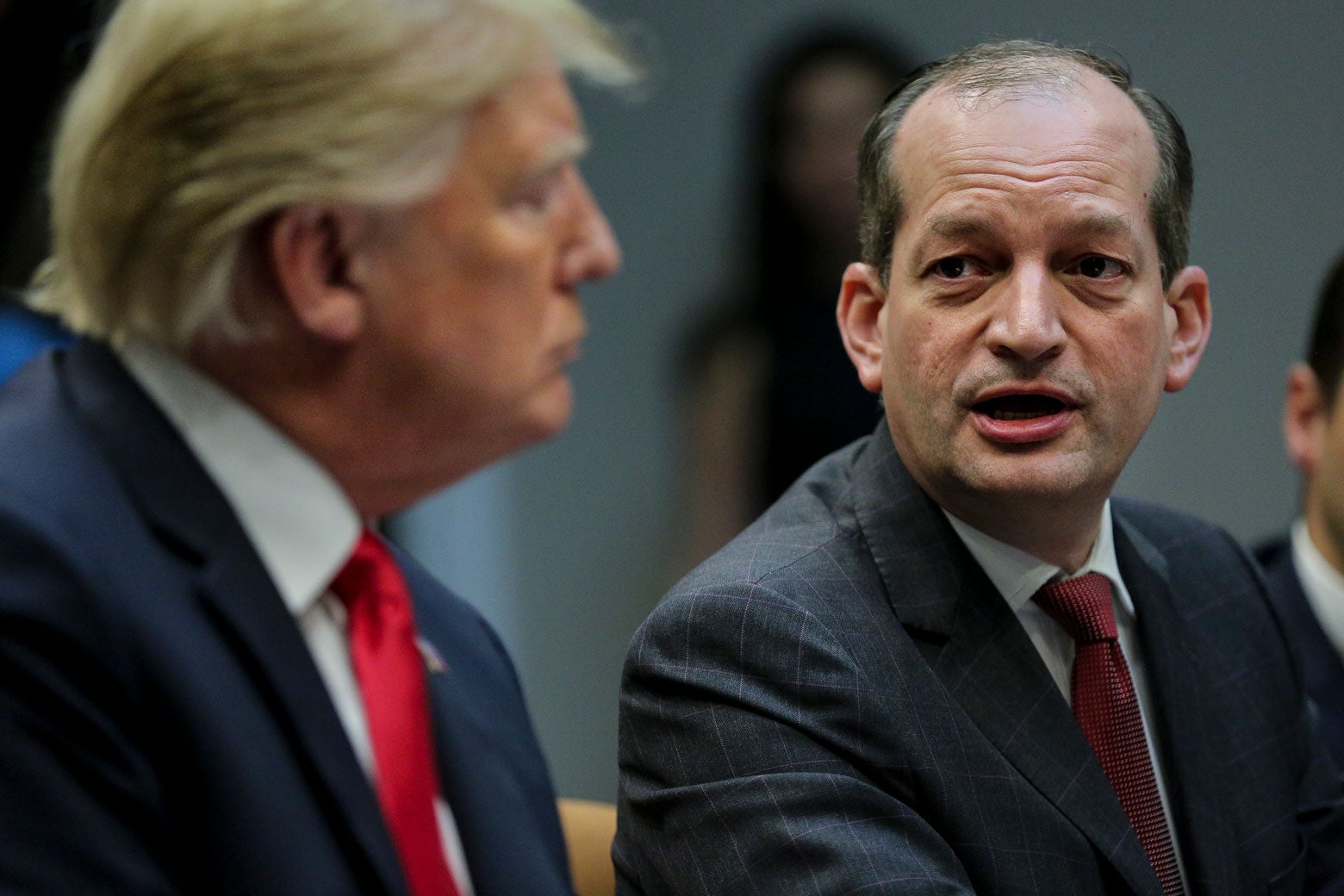How many managers does it take to make a burrito?
This question arose during my time in the New York attorney general’s office. We were working on a case against a small chain of burrito stores that had a bounty of managers working in each tiny storefront location. There were general managers, assistant managers, night managers, managers for opening and closing and delivery, all paid a weekly salary. There were more managers than salsa options.
It wasn’t some wacky training program: The company was trying to take advantage of an exemption from the overtime laws. Often known as the white-collar exemption, this provision exempts salaried executives, managers, and professionals from the law’s protection. But, too often, employers do what these burrito bosses did and wrongly treat workers as managers to avoid paying overtime.
What did this mean in practice? All these “managers” worked extremely long workweeks—50, 60, sometimes even 70 hours—because the company had no reason to think twice before making them do so. After all, the “managers” got the same weekly salary no matter how many hours they worked. In effect, they were working hours past 40 for free.
We recovered almost half a million dollars for the workers. But under a new rule proposed by the Trump administration last week, these managers would be more likely to get beans for their long hours. This proposal would leave millions of workers unprotected, compared with a far better Obama-era rule that President Donald Trump’s Labor Department has helped undo.
The new proposal sets an excessively low “salary threshold” for coverage of overtime laws. To qualify for the white-collar exemption, you must be paid on a salary basis, your job must primarily involve executive or administrative duties, and you have to be paid above a set minimum dollar amount—the salary threshold.
The idea of this threshold is that regardless of how fancy your title is or how important your duties seem, if you’re paid below that threshold, your income is low enough that you need the protection of overtime laws. It’s kind of a proxy for whether someone truly is white collar.
Since 2004, the federal salary threshold has been far too low: just over $23,000 annually. The Obama administration proposed a much higher threshold at just over $47,000, which would have covered millions of additional workers and also aligned with historical rates of coverage. But the Trump administration has opted not to defend this rule against an ongoing challenge in court, instead proposing a threshold last week of just over $35,000.
On a quick glance, this may seem reasonable; after all, it’s pretty close to splitting the difference, right? But the Trump Labor Department’s proposal works out to less than $17 per hour for a 40-hour workweek—and even less for longer weeks. These are hardly the spoils of a fat cat or even the solid pay of a comfortable executive who doesn’t need overtime coverage. The proposal unveiled last week would leave millions of people unprotected, well over half of those who would have been covered under the Obama proposal.
Who is affected by this? Restaurant workers. Retail employees. Lots of “assistant managers” in all kinds of businesses: hotels, banks, offices. Even entry-level people in creative industries like television.
Some countries have a system different from ours: To address the problem of overwork, they limit the number of daily or weekly hours a person can be assigned. The New Deal Congress landed on a different solution: Rather than strictly limiting work hours, our overtime law aims to dissuade employers from requiring excessive work schedules by making overtime hours more expensive. Our laws also give a pay bump to compensate overworked employees. The purpose of these laws is to make employers actually value workers’ time, and not to see it as endlessly expendable and without cost.
Under the Labor Department’s new proposal, too many people will continue to be in the same unfair situation: given a scintilla of managerial duties, an elevated title, paid on a salary basis, and then made to work many overtime hours essentially for free.
In recent years, it’s been getting ever easier for employers to evade overtime laws. A Supreme Court decision last year quietly upended a long-standing principle that overtime exemptions should be narrowly construed. The case received little fanfare, but it was a sea change: Previously, courts had to default to finding overtime coverage if the facts were in the gray area. That’s no longer the case. Last week’s proposal by the Trump administration is another heavy blow to overtime protections.
What is to be done, in light of last week’s dreadful proposal? As is often the case, states are a significant source of hope, since they typically have their own overtime laws. Some states have already set higher salary thresholds, while others are currently working on such plans. More states should immediately follow suit.
As for the federal proposal: There’s actually something ordinary people can do. In our regulatory system, people have the opportunity to comment on proposed rules, including online. (Keep an eye on this link and search for 1235-AA20 to see when the comment portal for this proposal has opened, which should happen soon). [Update, March 29, 2019: The comment portal has been open and the link is available here.] The Labor Department has a legal obligation to read every comment and respond to all issues raised in the process—it’s possible that a deluge of comments in opposition will have an impact on the final result.
This is an opportunity to send a clear message: that overtime laws matter and that people’s time should have value.
